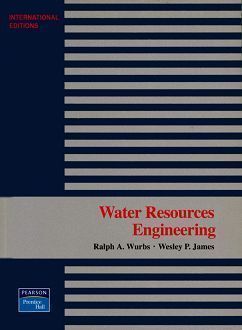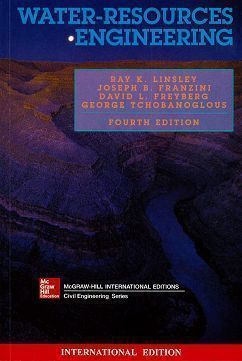書籍分類

Water Resources Engineering
作者:Ralph A. Wurbs, Wesley P. James
原價:NT$ 1,000
ISBN:9789861546070
版次:1
年份:2002
出版商:Pearson Education
頁數/規格:828頁/平裝單色
版次:1
年份:2002
出版商:Pearson Education
頁數/規格:828頁/平裝單色
內容介紹 本書特色 目錄 作者介紹
- Description
Designed to provide a broad coverage of pertinent topics concerning water resource engineering, this text focuses on fundamental topics of hydraulics, hydrology, and water management. Water resources engineering concepts and methods are addressed from the perspective of practical applications in water management and associated environmental and infrastructure management. The focus is on mathematical modeling and analysis using state-of-the-art computational techniques and computer software. The text is written to easily adapt to the spectrum of ways that individual courses and sequences of undergraduate and graduate courses are organized at various universities, providing flexibility for the instructor.



